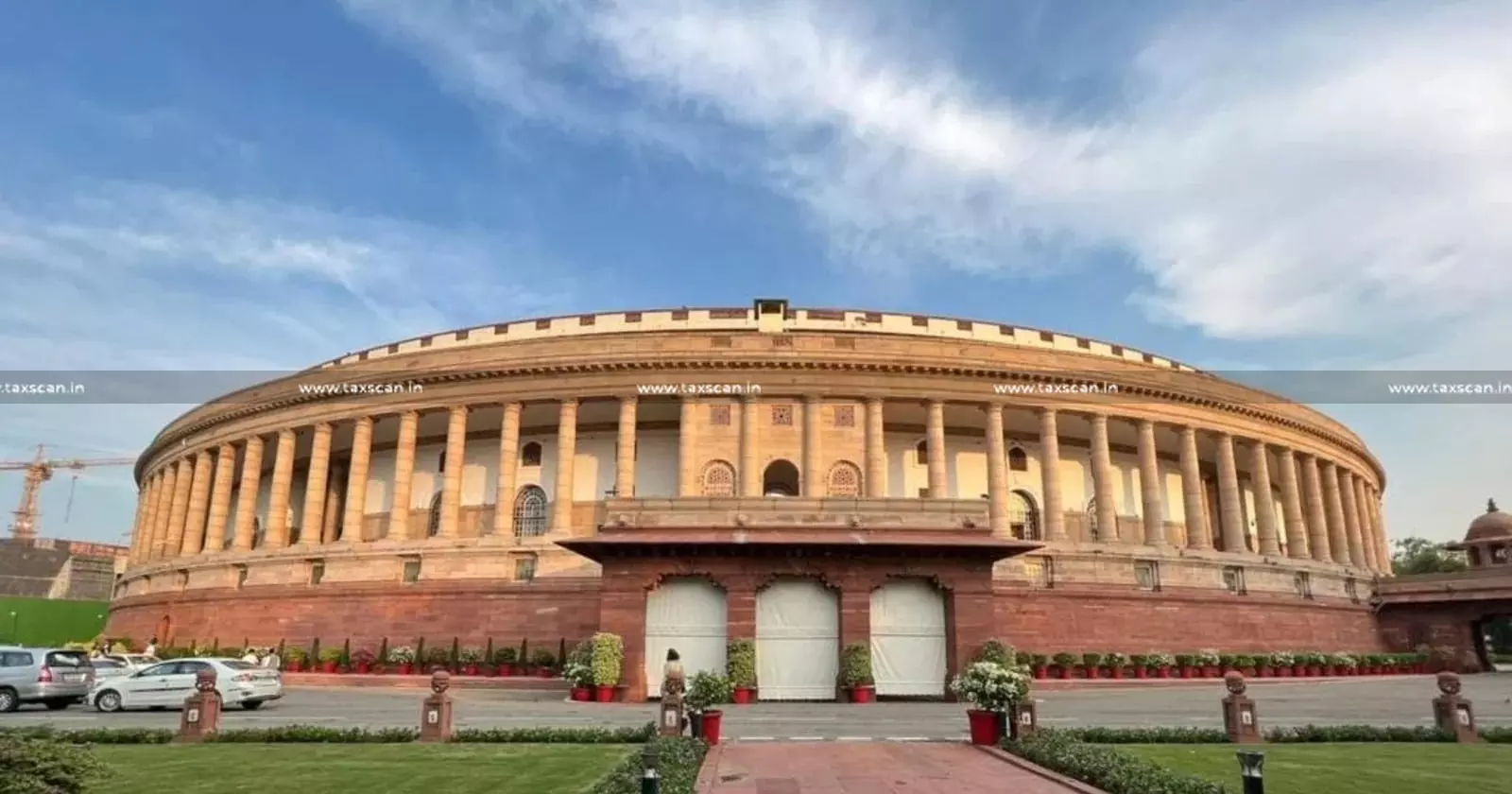India’s Per Capita Income rises to ₹1,14,710 in 2024-25; State-Wise Growth varies Significantly: MoS Finance at Lok Sabha
India’s Per Capita Income Rises to ₹1,14,710 in 2024-25

India’s per capita net national income (NNI) has climbed to ₹1,14,710 for the financial year 2024-25, according to figures tabled in the Lok Sabha by the Minister of State for Finance, Shri Pankaj Chaudhary. This marks a notable increase from ₹72,805 recorded a decade ago in 2014-15, highlighting robust growth in average incomes across the country.
However, the minister clarified that the surge in per capita income has not been uniform across all states and union territories. Detailed state-wise data, provided by the Ministry of Statistics and Programme Implementation (MoSPI), show wide variations in income growth, reflecting the country’s diverse economic landscape and underlying disparities in development.
Tax Planning For Trusts and cooperation Societies - Click Here
Among the states, Goa, Sikkim, Delhi, and Chandigarh continue to post the highest per capita incomes, with Goa’s figure rising from ₹2,41,081 in 2014-15 to well over ₹3.5 lakh in recent years. In contrast, states like Bihar, Uttar Pradesh, and Manipur remain at the lower end, with per capita incomes below ₹1 lakh. Andhra Pradesh, Telangana, Karnataka, and Tamil Nadu have seen their per capita incomes grow by over 75% since 2014-15, while Odisha recorded a remarkable 96.7% jump from ₹54,361 in 2014-15 to ₹1,06,918 in 2024-25.
The data also underscore persistent gaps. For example, Maharashtra’s per capita income rose to ₹1,76,678, while states such as Assam and Chhattisgarh reported more modest figures of ₹81,127 and ₹93,161, respectively. States with the slowest growth include Meghalaya and Uttarakhand, both of which saw increases of just about 34-35% over the past decade.
Clear all Your Doubts on RCM, TCS, GTA, OIDAR, SEZ, ISD Etc... Click Here
In an attempt to elucidate the reasons behind these differences, the Ministry cited a range of factors including differences in economic development levels, sectoral composition, structural imbalances, and varying governance mechanisms. The government, said the minister, remains committed to inclusive growth, implementing targeted schemes aimed at reducing poverty and inequality, improving social security, and promoting livelihood opportunities.
The increase in per capita income over the last decade reflects the overall economic momentum but also highlights the need for continued reforms and support for lagging regions.
Support our journalism by subscribing to Taxscan premium. Follow us on Telegram for quick updates

